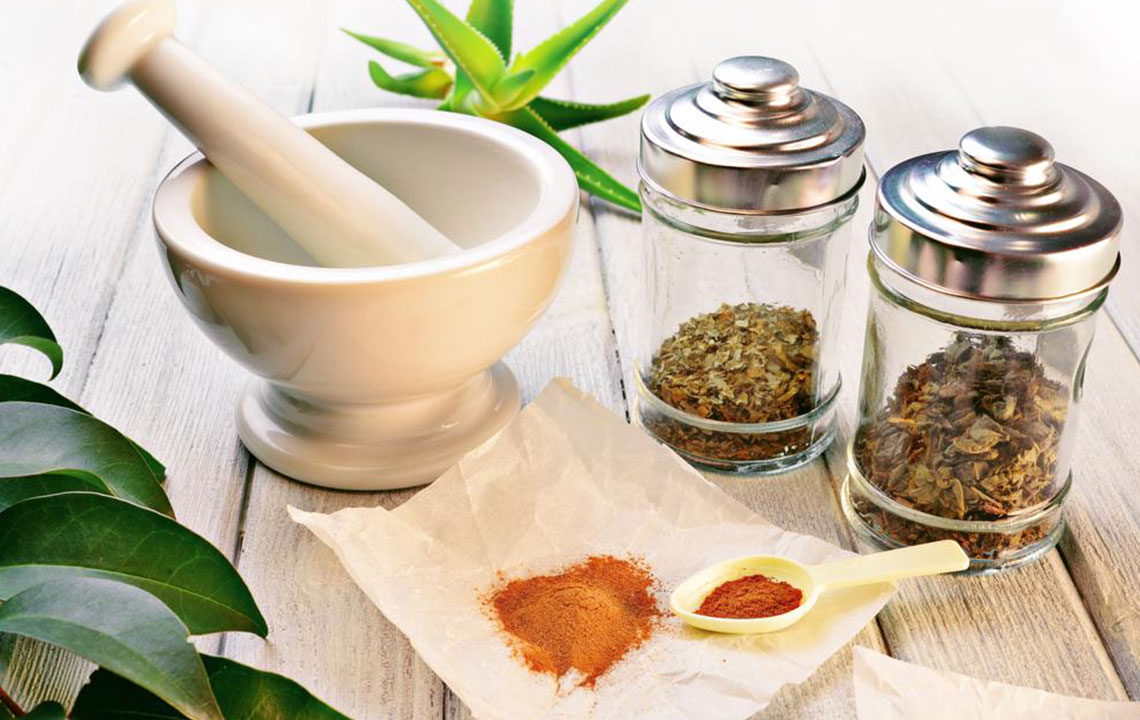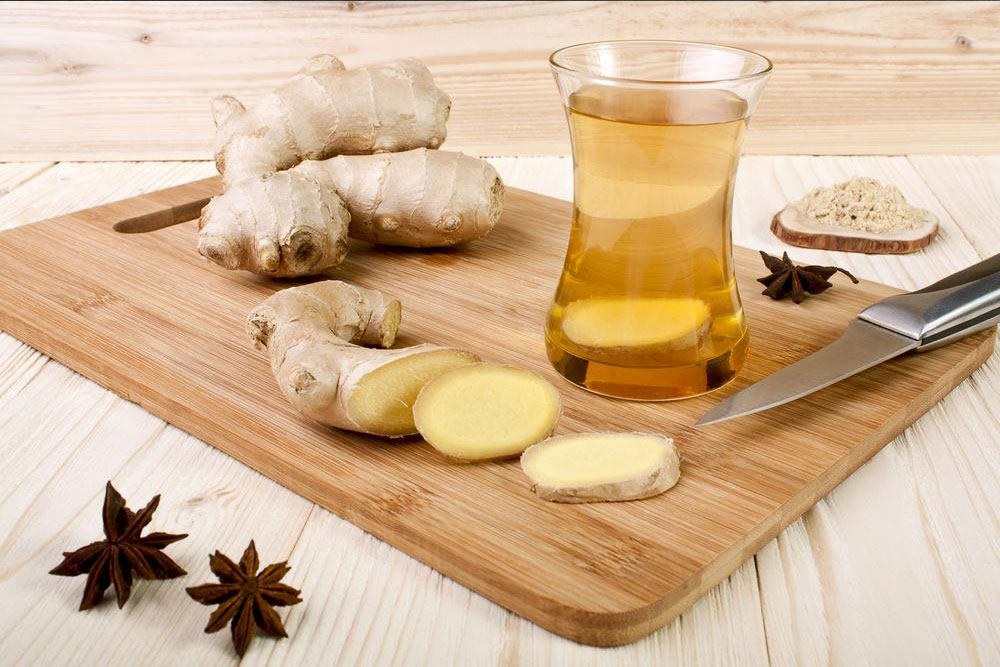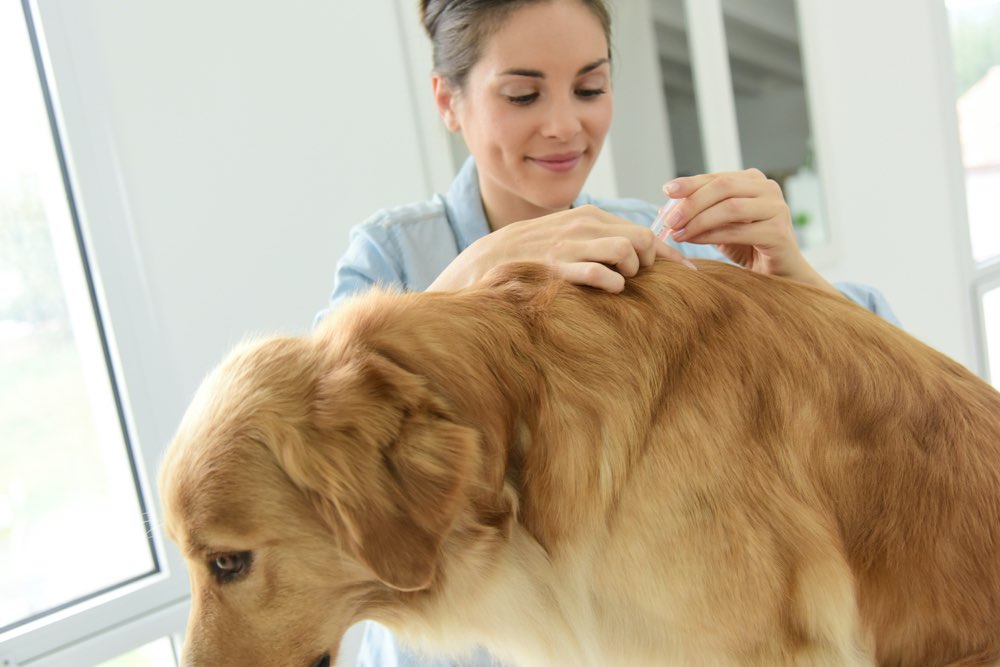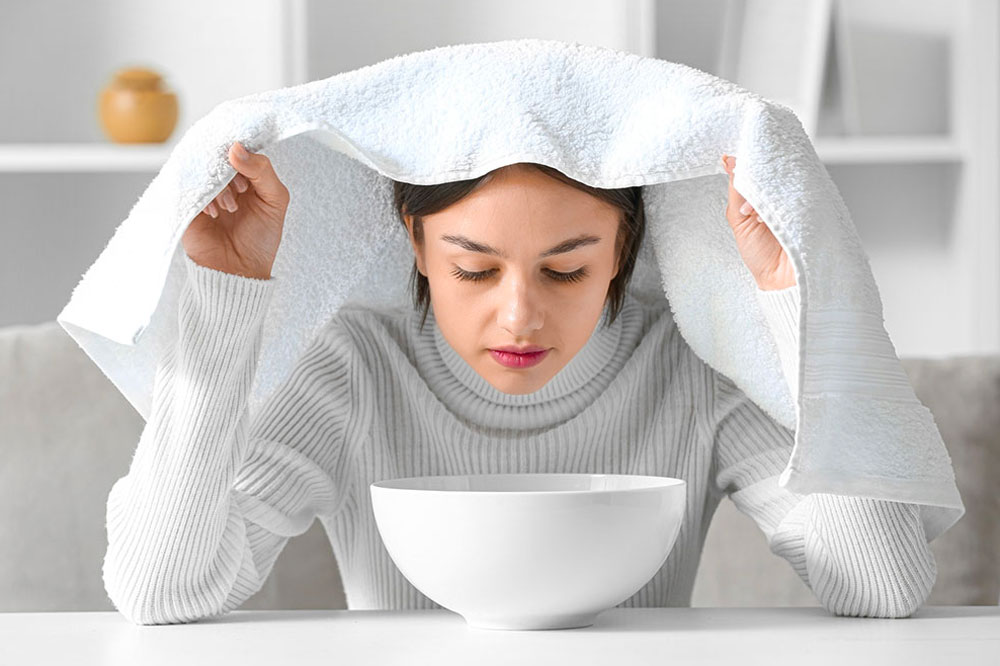Effective Methods to Treat and Prevent Boils
Learn effective home remedies and medical treatments for boils, understand their causes, symptoms, and preventive measures. Discover tips to manage and avoid skin infections safely and efficiently. Always consult healthcare professionals for persistent or severe cases to ensure proper care and recovery.
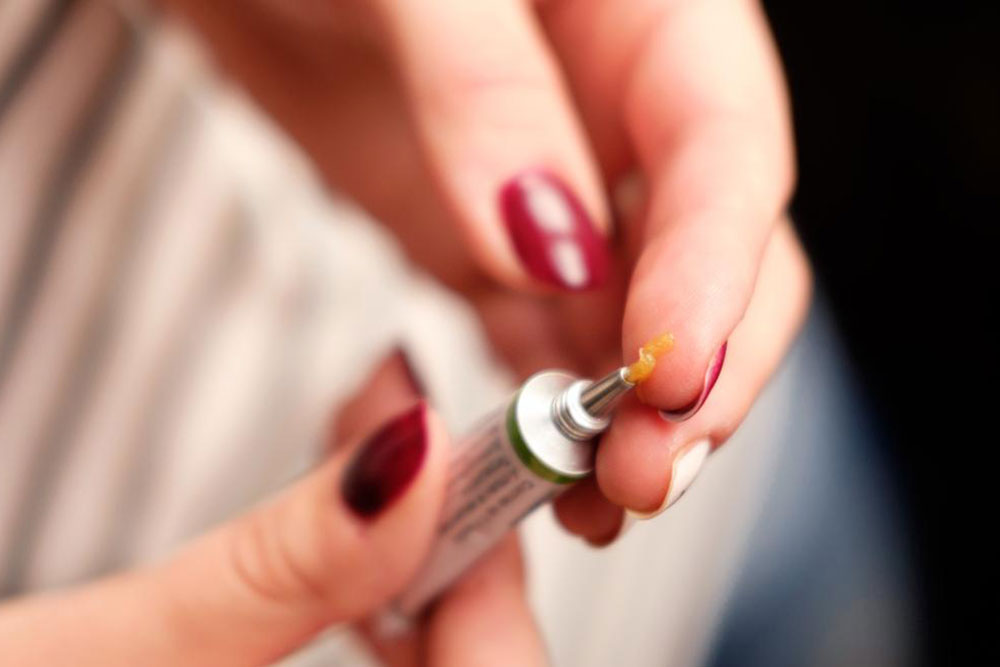
Effective Methods to Treat and Prevent Boils
Boils, known medically as skin abscesses, appear as red bumps that form beneath the skin's surface. They may not be painful initially but can become tender and sore as they grow and fill with pus. These infections originate around hair follicles or oil glands, penetrating deep into the skin, causing warmth and discomfort upon touch. Small boils can often be treated at home with warm compresses, which help promote drainage and healing.
Repeated warm soaks encourage the pus to rise to the surface, leading to spontaneous bursting. It is crucial not to puncture boils with needles, as this can worsen the infection. Infection signs include redness, swelling, and tenderness, often accompanied by a painful lump. When pus fails to drain after home remedies, the infection may have spread deeper, turning the boil into a furuncle or abscess requiring medical attention.
The root cause of boils is bacterial presence, primarily Staphylococcus, which can enter through cuts, insect bites, or skin abrasions. Risk factors include poor hygiene, skin injuries, ingrown hairs, tight shaving, or existing skin conditions like folliculitis. Symptoms involve a red, swollen, painful lump usually less than an inch. Larger, active boils are contagious and should be covered to prevent spreading. Swollen lymph nodes and fever can also be associated with severe infections.
To prevent boils, maintaining proper hygiene, avoiding skin injuries, and treating skin infections promptly are vital. Underlying health issues like diabetes or immune deficiencies may increase susceptibility. Treating large boils often requires medical intervention, especially if they form abscesses or carbuncles. Antibiotics can effectively combat bacterial infections, and proper wound care ensures faster healing. Always seek medical help for persistent or large boils to prevent complications.

